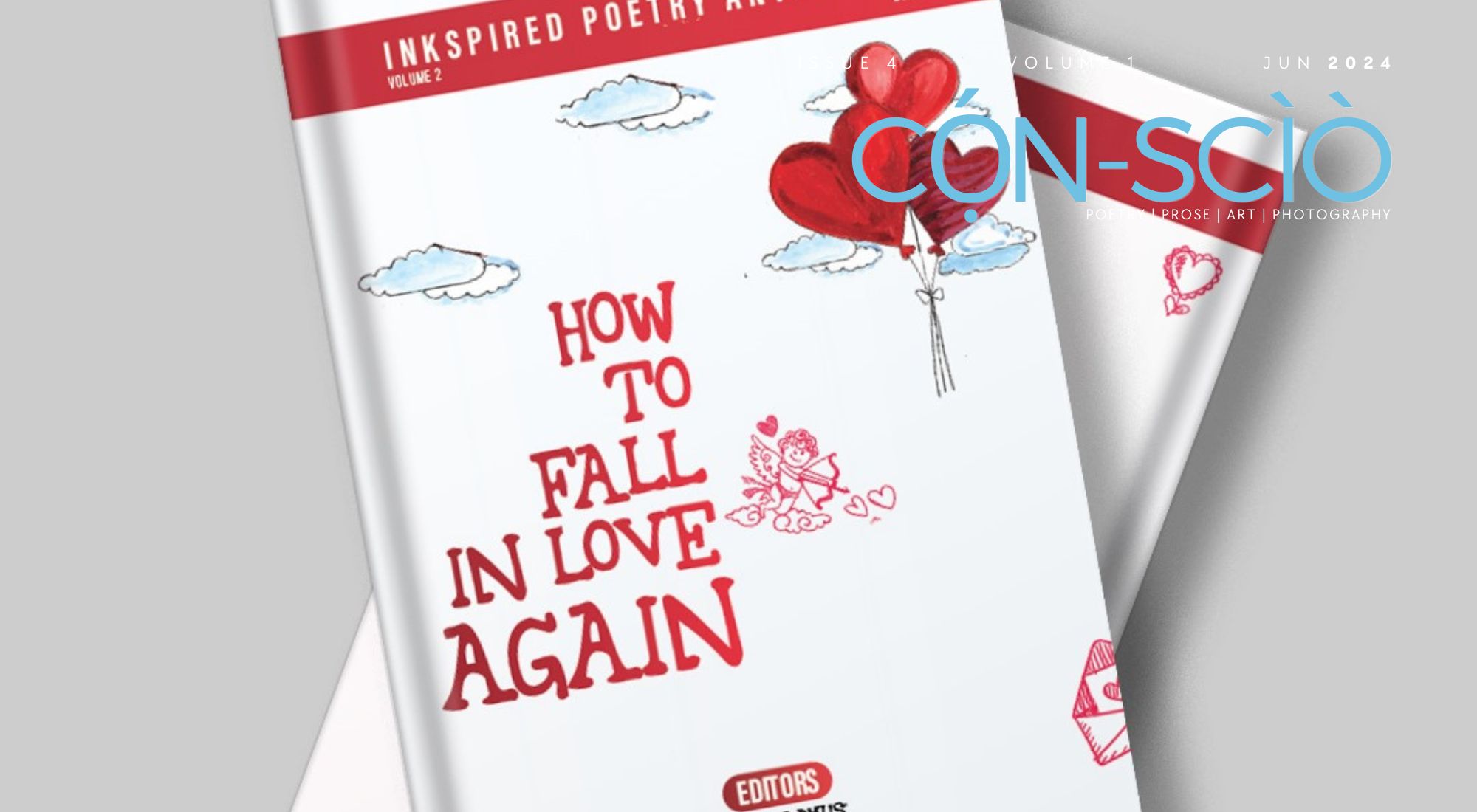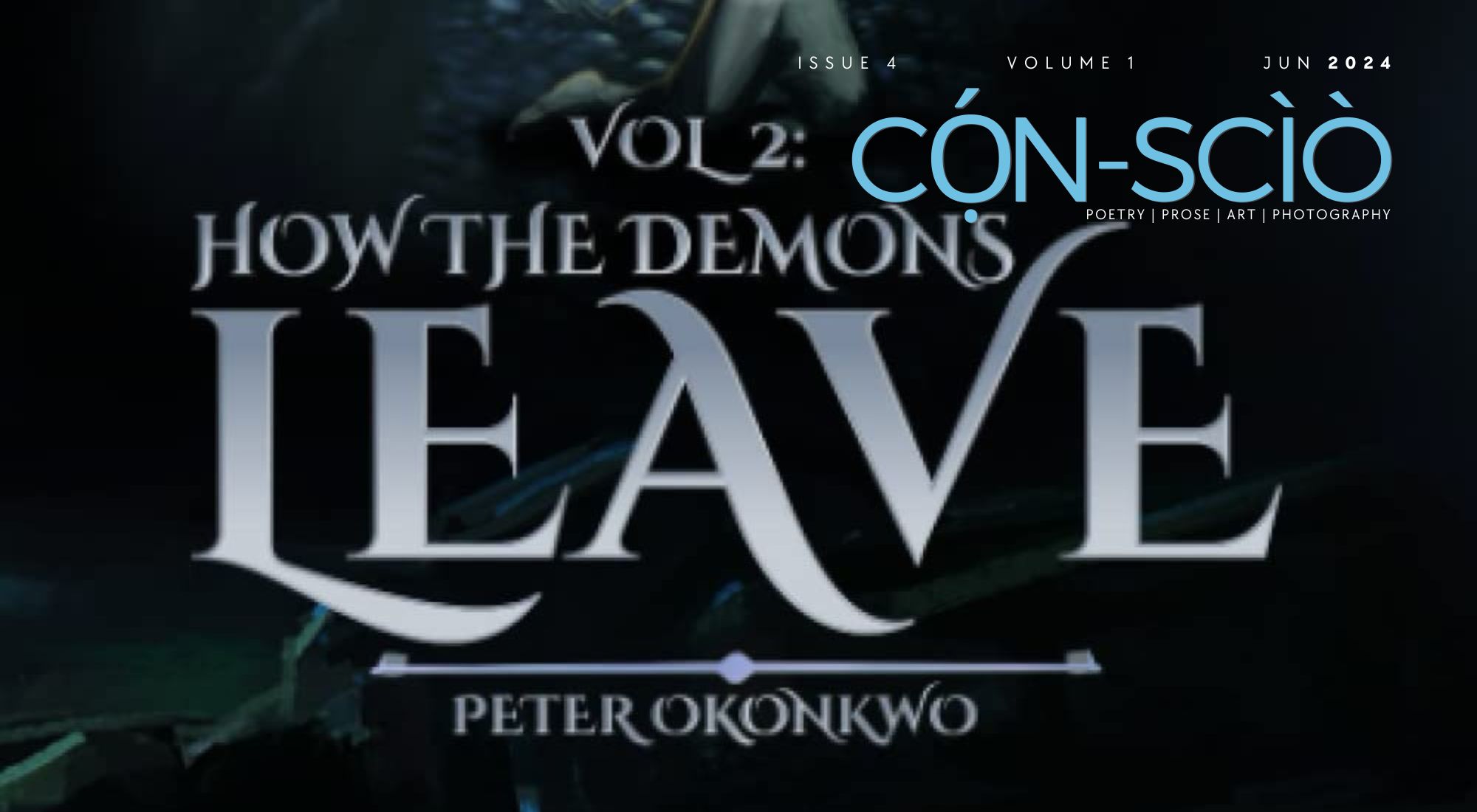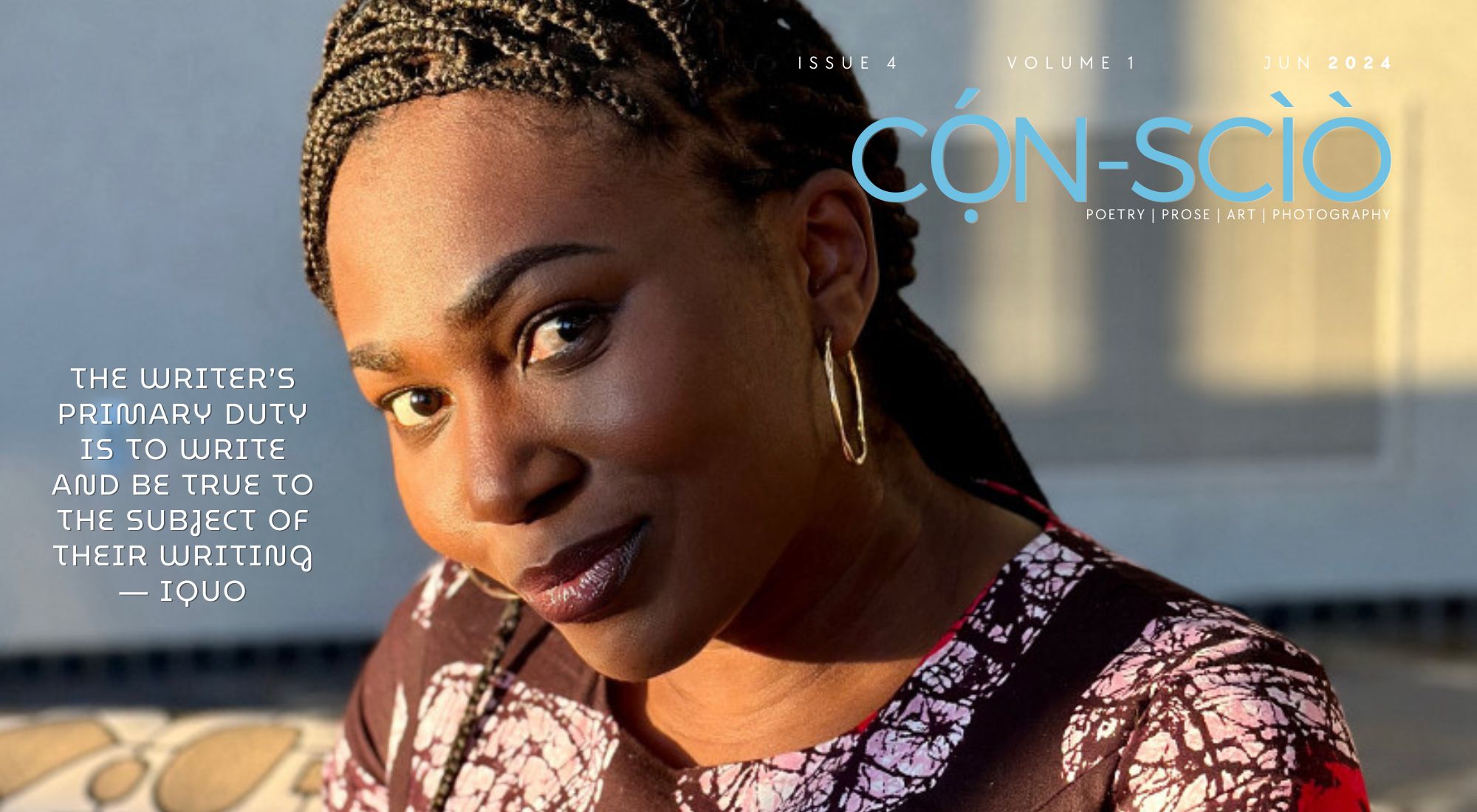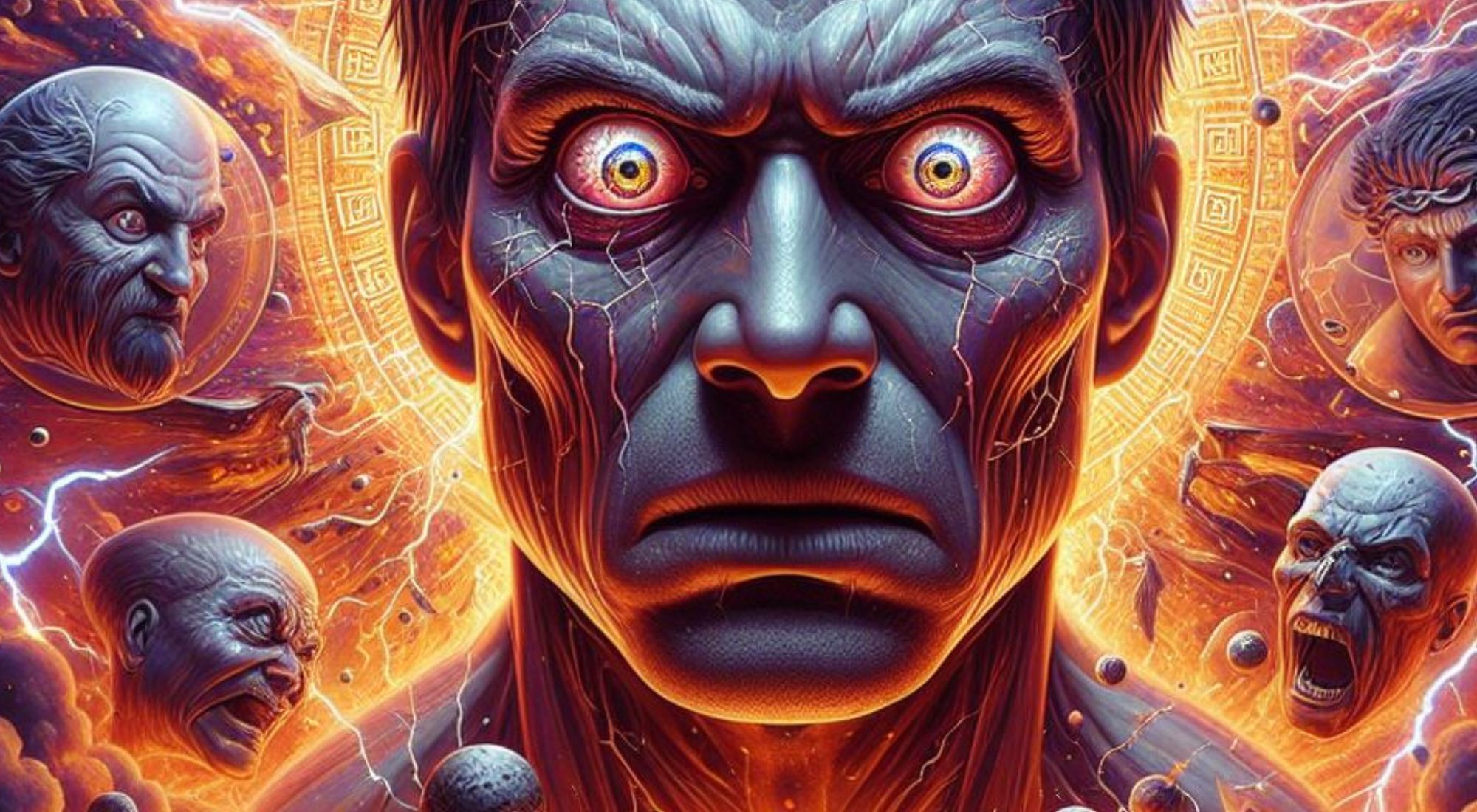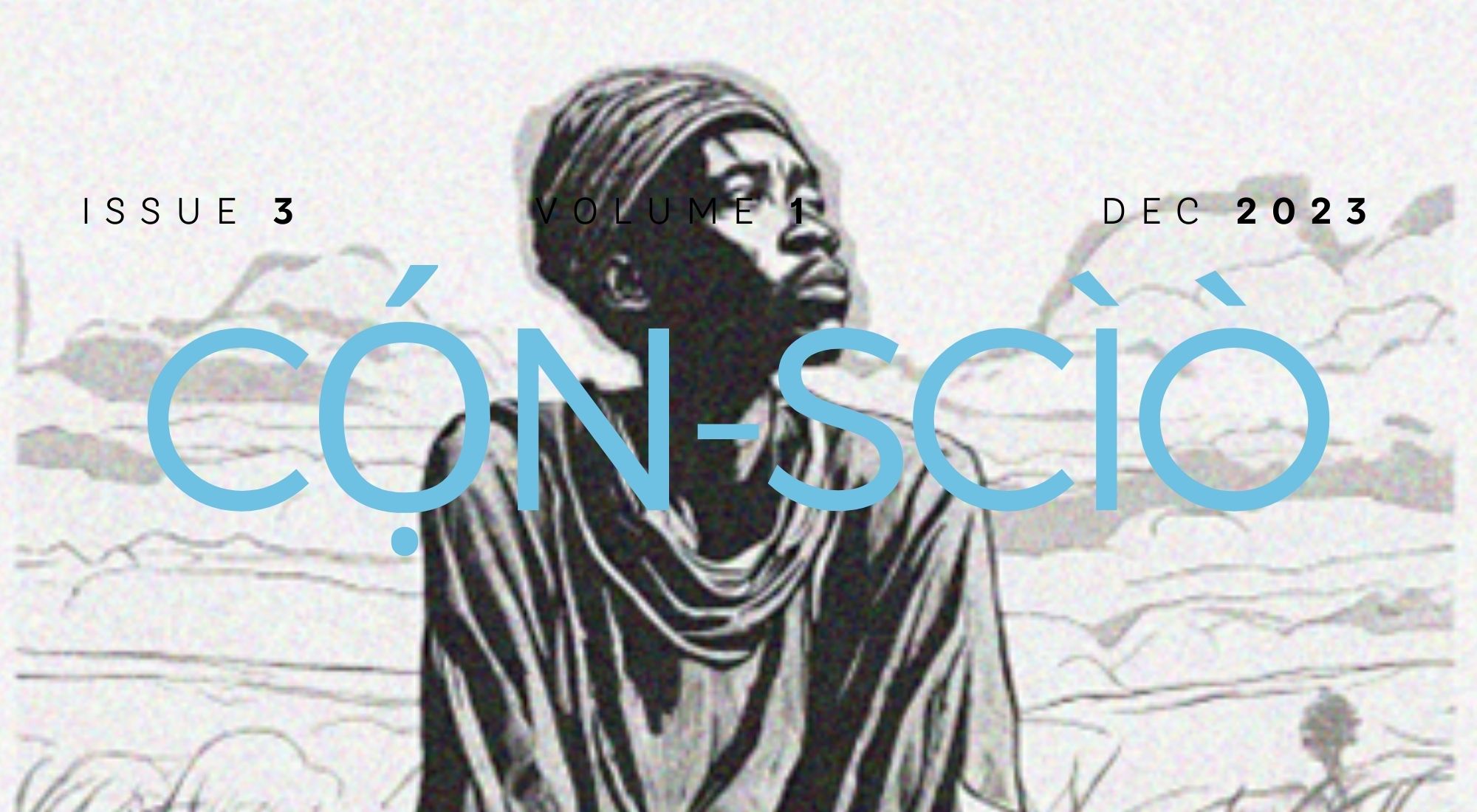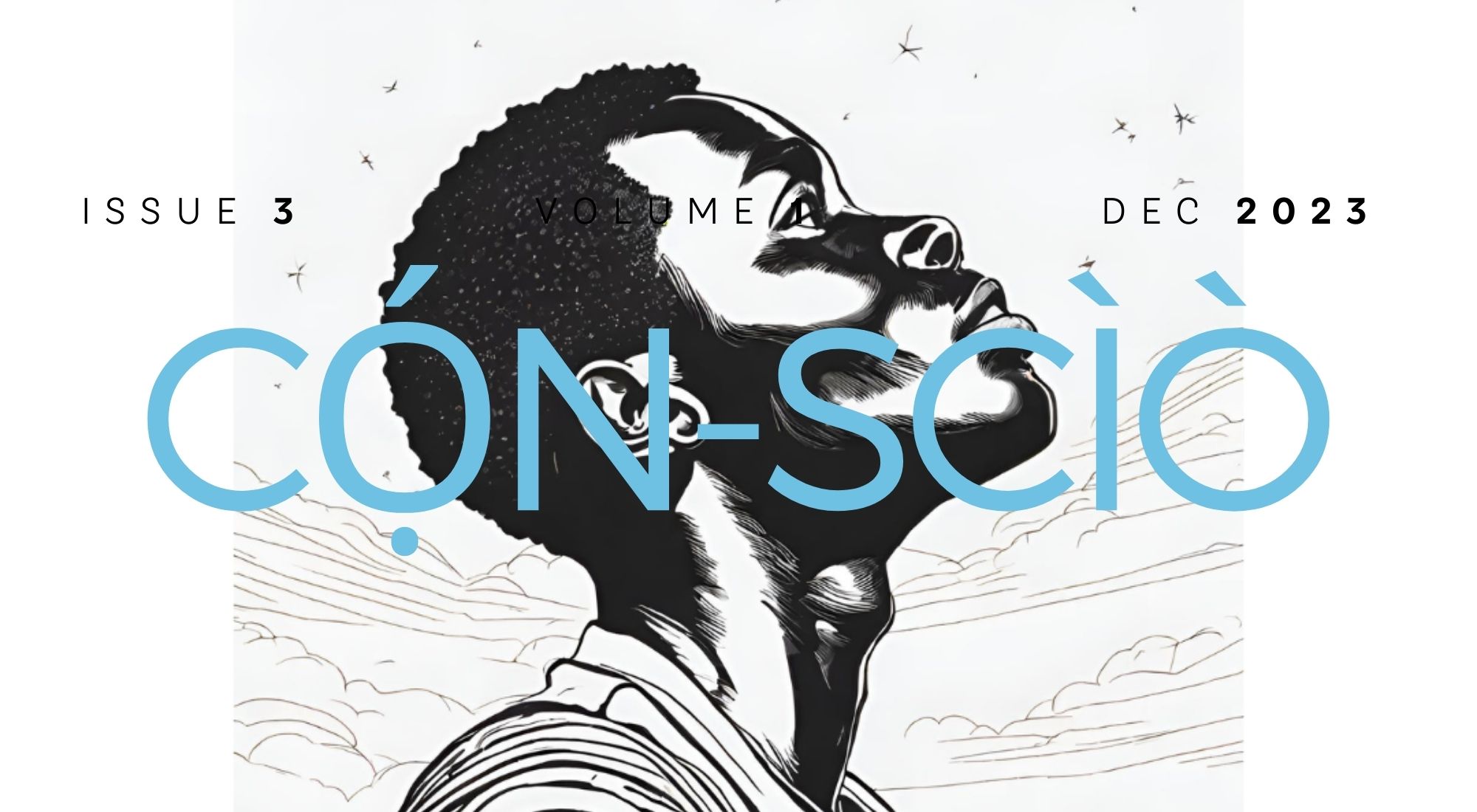Self-censorship is painful, excruciating, debilitating… It feels like a betrayal of self, an abuse of my creative impulse, and self-entrapment in a cycle of doubt and frustration.
A Jealous Thing: Some Words About Writing | An essay by Moses Eduek
If anything, I only pity him. Writing is a jealous thing. It wants all of you and its rewards come sporadically, sometimes without promise or structure.
T&Cs of (un)Loving | a CỌ́N-SCÌÒ review of ‘How to Fall in Love Again’ anthology by Michael Chukwuka
The collection demonstrates the practicality of opening yourself to the ultimate possibilities of love even when it is scary. If you think not loving is beautiful, have you ever been truly loved or truly loved?
WARFARE ON PAPER | a CỌ́N-SCÌÒ review of Peter Okonkwo’s ‘How the Demons Leave’ by Jide Badmus
Although How the Demons Leave offers some clarity, it gathers its own clouds of mysteries. Why are these spiritual forces devoted to destroying man? Why does it seem the malevolent spirits are more potent, more active than the beneficent forces?
“The Writer’s Primary Duty Is To Write And Be True To The Story Or Subject Of Their Writing“ | A CỌ́N-SCÌÒ Magazine Interview with Iquo DianaAbasi
For this kind of social engineering to happen, there must first be an alteration or elevation of thought and consciousness; and how better to achieve this than with written work or literature in general?
Freedom (Between Parenthesis) | a CỌ́N-SCÌÒ essay by Donato Cinicolo
All my thoughts and comments are scanned by ‘bots using AI looking for provocative keywords and other clues.
SO, WHEN DID YOU DIE? | A review of Tolu A. Akinyemi’s ‘On The Train To Hell’ by Jide Badmus
This is a journey through the pitch dark of loss with the torch of language. Grief has never been this soft! The 53 poems in this collection are reels of heartbreak with the mercy of metaphors.
“Whom The Gods Would Destroy, They First Make Mad” | an essay by Temi Tayo
The gods play a dangerous game, tempting us with their gifts while slowly but surely eroding our minds. And as we spiral deeper into madness, we must ask ourselves, “Is this really what we desired?”
A Distant Elegy | A Memoir by Akal Mohan
Tonight in Kampala, you turn off your light but open the eyes in your head: to see Liz finish her life in a struggle. You see her flapping her hands as the waters lap on her face, helplessly as you yelp for any help. None comes and so she dies. You wish you had contained her spirit before it migrated to a different realm, leaving her body—lifeless.
Between Two Shores: The Migrant’s Tragic Duality | An essay by Kukogho Iruesiri Samson
You see, the migrant’s tragedy is not merely displacement, but also the denial of their potential. Opportunities—once alluring mirages from home—vanish at the point of need, leaving only the echo of the cruel refrain, “Go back where you came from.” Each rejection carves another notch on the tally of our exile.




